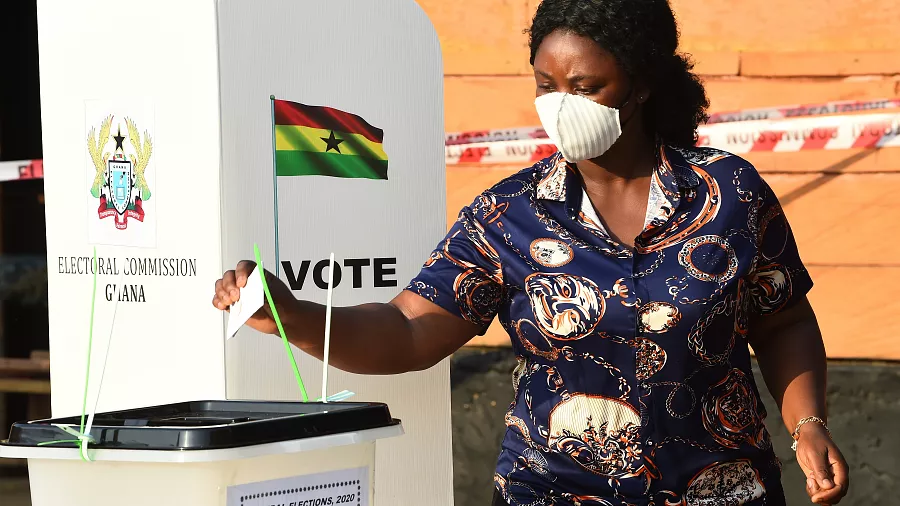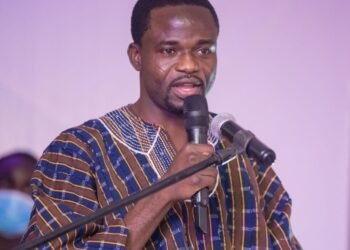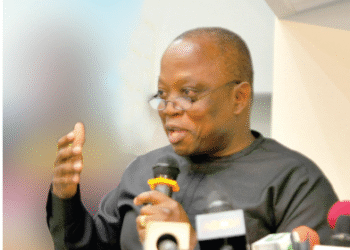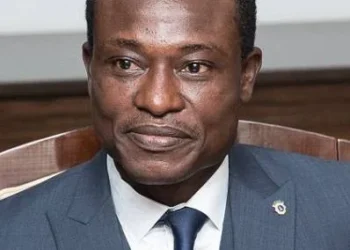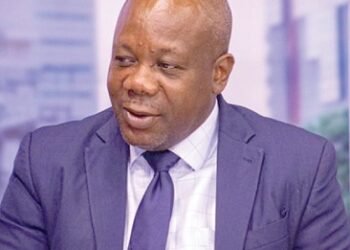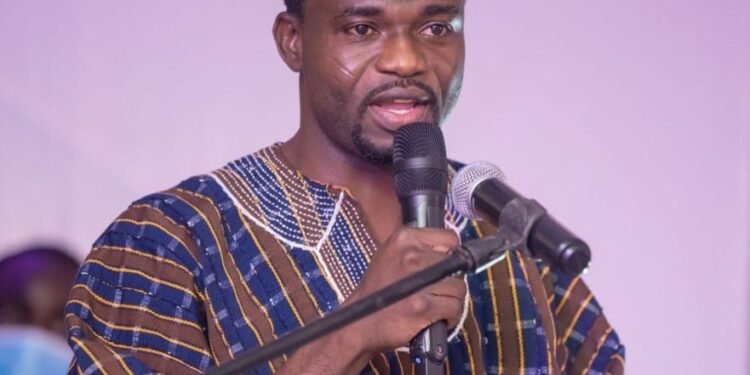Prof. Kwaku Azar Asare, a democracy and development fellow at CDD-Ghana, has emphasized that the right to disclose one’s vote is a personal freedom that stems from individual autonomy.
He further explained that while voters have the freedom to share their choices, the duty to cast a secret ballot is a legal responsibility meant to safeguard the integrity of the electoral process.
This legal obligation ensures that elections remain free from external pressure and manipulation, allowing citizens to express their will without fear of repercussions.
According to Prof. Asare, maintaining the confidentiality of the ballot is vital for preserving the fairness and transparency of the democratic process.
“The right is optional; you may choose to disclose your vote or keep it private. The duty is mandatory during the act of voting. Casting a secret ballot is required by law”.
“Violating this duty breaches the Constitution and may attract administrative or criminal sanctions”.
Prof. Kwaku Azar Asare
According to Prof. Kwaku Azar Asare, the right to disclose one’s vote is fundamentally designed to protect freedom of speech and personal expression, allowing individuals to share their views and choices openly if they so desire.

However, he emphasized that the duty to cast a secret ballot plays a crucial role in preserving the integrity and fairness of elections.
Asare maintained that this legal obligation ensures that voters can make their decisions independently, without fear of coercion or outside influence.
By safeguarding the confidentiality of each vote, the secret ballot helps ensure that the true will of the people is accurately reflected in the results.
As such, the governance expert clarified that while the right to disclose one’s vote can be exercised either before or after voting, it cannot be exercised during the voting process or within the confines of the polling booth. “The duty applies strictly during the act of voting, ensuring that ballots are cast in secrecy”.
Secret Ballots, A Constitutional Obligation
Furthermore, Prof. Kwaku Azar Asare emphasized that casting a secret ballot is not merely a procedural formality, but a constitutional obligation that upholds the integrity of the electoral process.
Accordingly, Prof. Asare also pointed out that the Electoral Commission is responsible for enforcing this principle, ensuring that voters adhere to the legal requirement of a secret ballot.
He made it clear that voters do not have the right to undermine this effort by displaying their ballots, whether in their original or copied form.
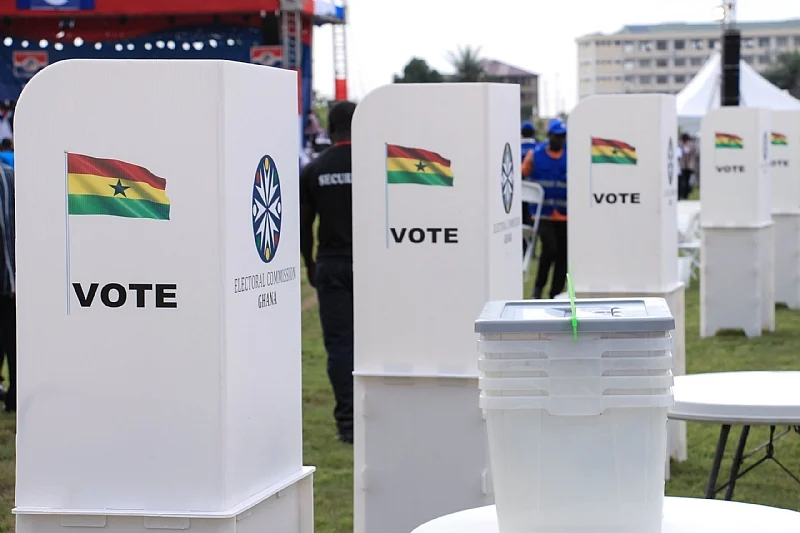
According to Asare, doing so could compromise the fairness and confidentiality that are crucial to the democratic process.
“Such actions violate both the Constitution and electoral laws. If you feel compelled to share your vote, there is an appropriate way to do so.
“You are free to go on Newsfile or any public platform and proclaim as loudly as you wish who you voted for or plan to vote for”.
Prof. Kwaku Azar Asare
Prof. Asare cautioned that while voters are free to express their choices, secretly recording and subsequently releasing a marked ballot directly undermines the secrecy law, which is vital to ensuring a fair and transparent electoral process.
He stressed that such actions not only violate the legal framework designed to protect voter confidentiality but also erode the very integrity of Ghana’s democratic system.
Asare indicated that revealing how an individual voted opens the door to potential coercion, influence, and manipulation.
He pointed out that this practice ultimately compromises the principle of free and fair elections that underpins the nation’s democracy.
As such, Prof. Asare asserted that the practice of secretly recording and releasing marked ballots is unacceptable and should not be tolerated under any circumstances.
He noted that it undermines the freedom of electorates to make individualistic decisions and the fundamental principles of democracy. “GOGO will punish it harshly”.
READ ALSO: Yoon Faced With Calls Of Resignation

